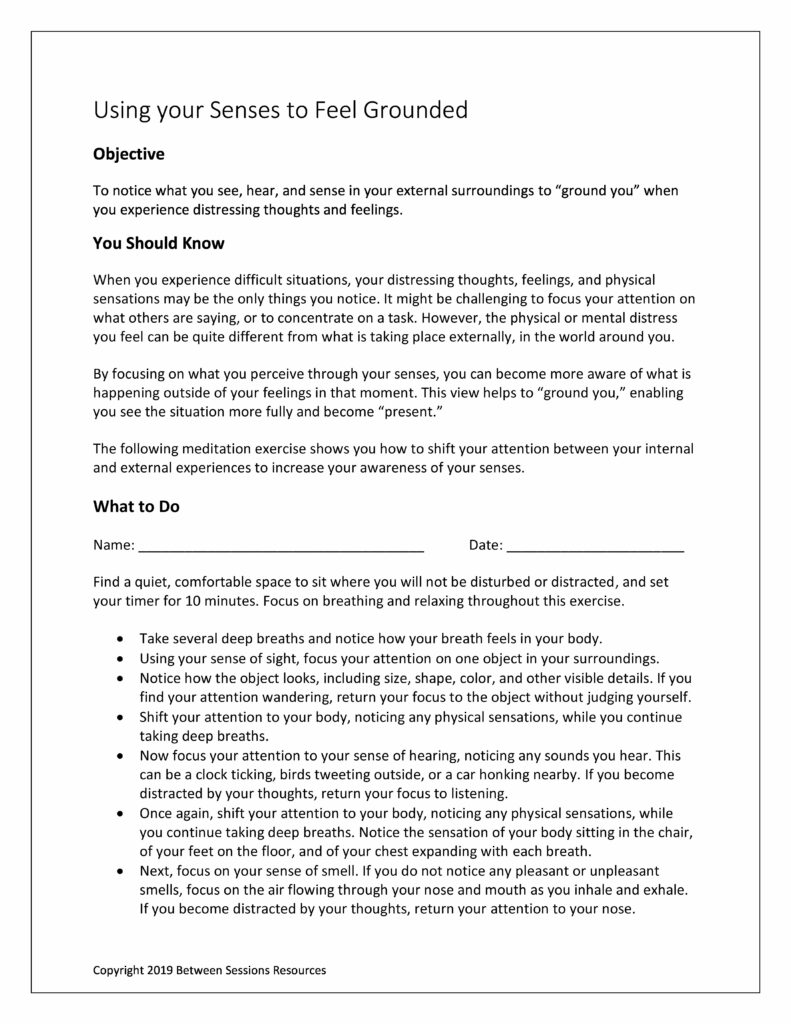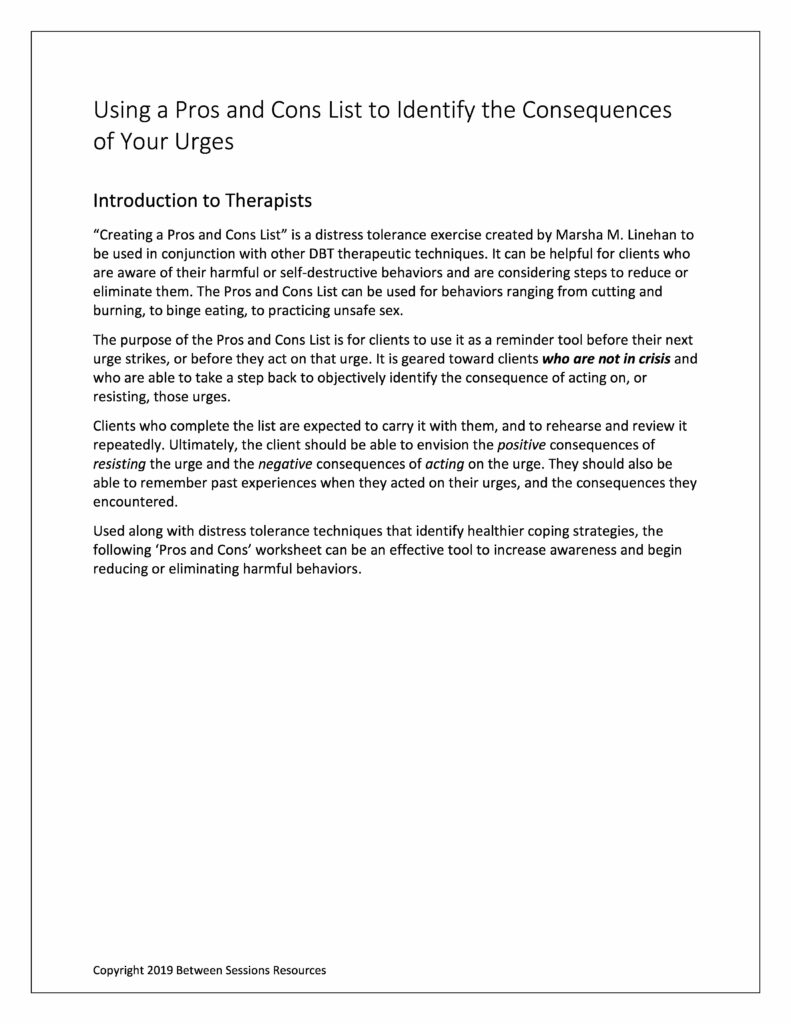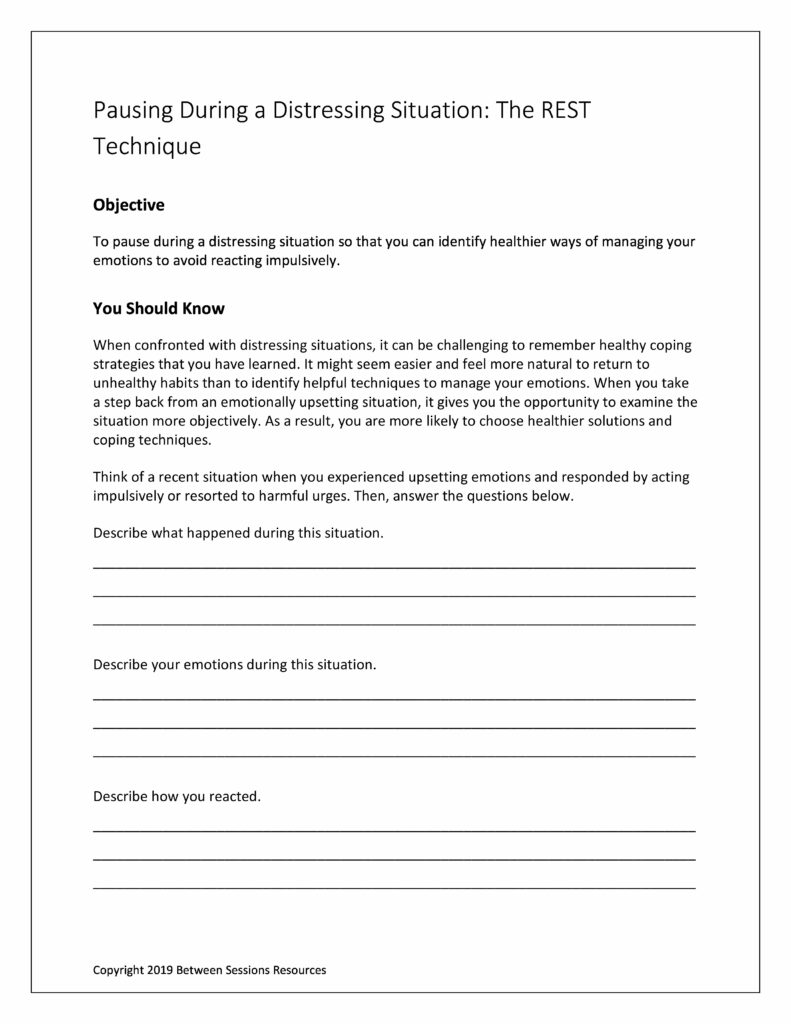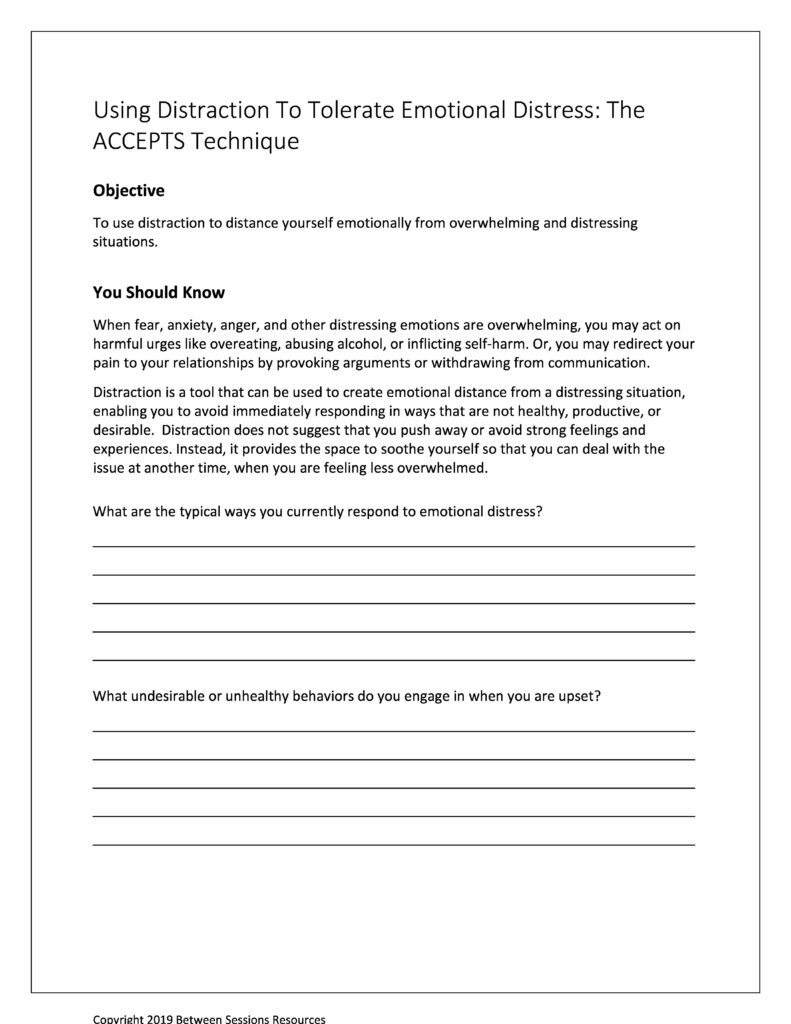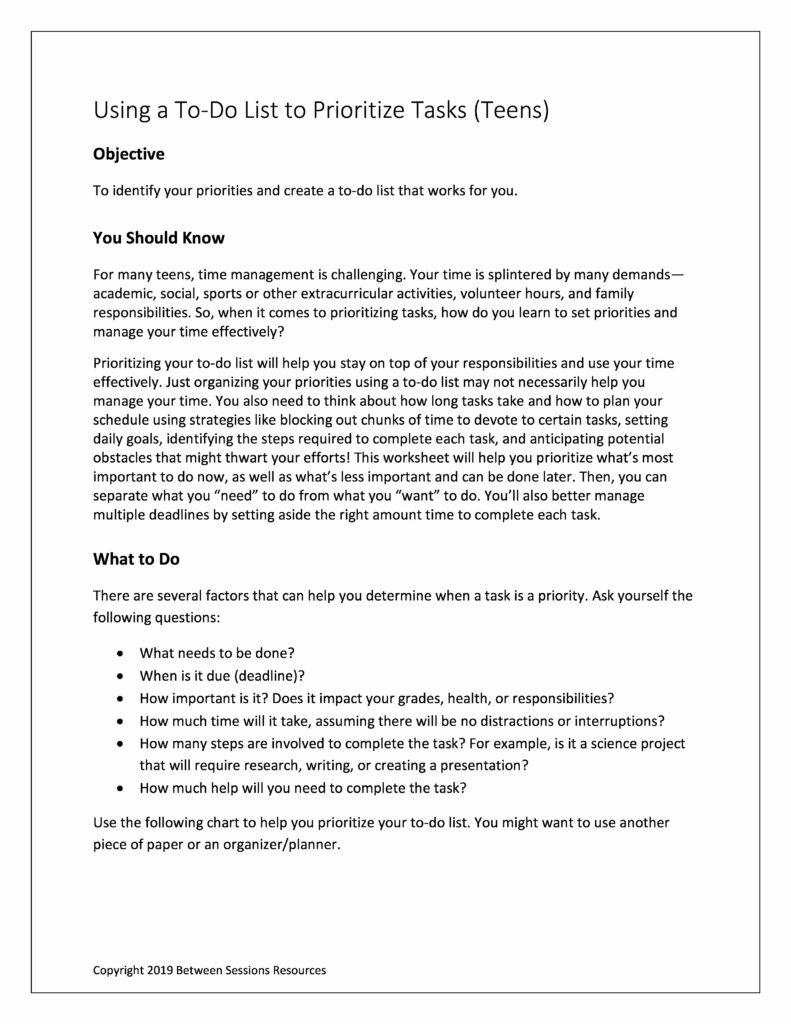Our coaching forms cover a wide variety of issues in the areas of self-growth, life skills, and wellness.
To modify the tools, click the ‘Send to Client’ button by each tool to open our Psychology Forms Filler. You can edit the tool as you see fit and then either print it out or send it to a client to be filled out online. Click here for a tutorial on using the Psychology Forms Filler.
Use the navigation links on the left of this page to view tools in a specific category. Or use the search function at the top of this page to find the exact tool you are looking for.
If you can’t find what you are looking for on this site, please let us know by
clicking here and our team of writers, graphic artists, and therapists will custom-design it for you.
This worksheet is designed to help people deal with overwhelming emotions, depersonalization, and derealization. It directs people to pay attention to sensory input as a way of becoming grounded and feeling in control. (Bipolar Disorder, grounding, emotional regulation, DBT, 1119)
This worksheet is designed to help people dealing with difficult emotions focus on a task in the here and now. (DBT, emotional regulation, bipolar, depression, 1119)
This worksheet is designed to help people identify the consequences of both acting on and resisting their harmful urges. This DBT Distress Tolerance technique is intended to help trigger the cognitive processes that can help people in impulse control. (DBT, distress tolerance, 1119)
This worksheet helps people deal with overwhelming emotions by using the REST technique (relax, evaluate, set an intention, take action). It is designed to help people regain control over their emotions. (DBT, emotional regulation, 1119)
This worksheet can be used by people to help cope with overwhelming emotions. It describes the ACCEPTS method, a DBT technique, to help people experiment with various ways to distract themselves from upsetting and overwhelming emotions. (DBT, distress tolerance, emotions, 1119)
This worksheet teaches the importance of values and on basing goals and intentions on those values. It asks clients to identify their core values, think about goals and steps to live those values, and then rehearse them. (ACT, DBT, 1119)
This worksheet is designed to help people reduce their screen time when it has taken on an addictive role in their lives. It gives them suggestions on how to be more aware of their cell phone and mobile device usage and a chart to keep track of their efforts. (addiction, prevention, 1119)
This worksheet is designed to help people see the relationship between their lifestyle and physical health and their ability to regulate their emotions. (DBT, 1119, anxiety, depression)
This worksheet helps people reflect about their communication with others and whether or not they are expressing their values and getting their needs fulfilled. It teaches a two-step technique to designed to help people be assertive without offending others. (assertiveness, communication, interpersonal effectiveness, 1119)
This worksheet is designed to help teens get organized by creating to-do lists, learning to prioritize tasks understand deadlines, and more. (ADHD, Executive Functioning, organization, 1119)

